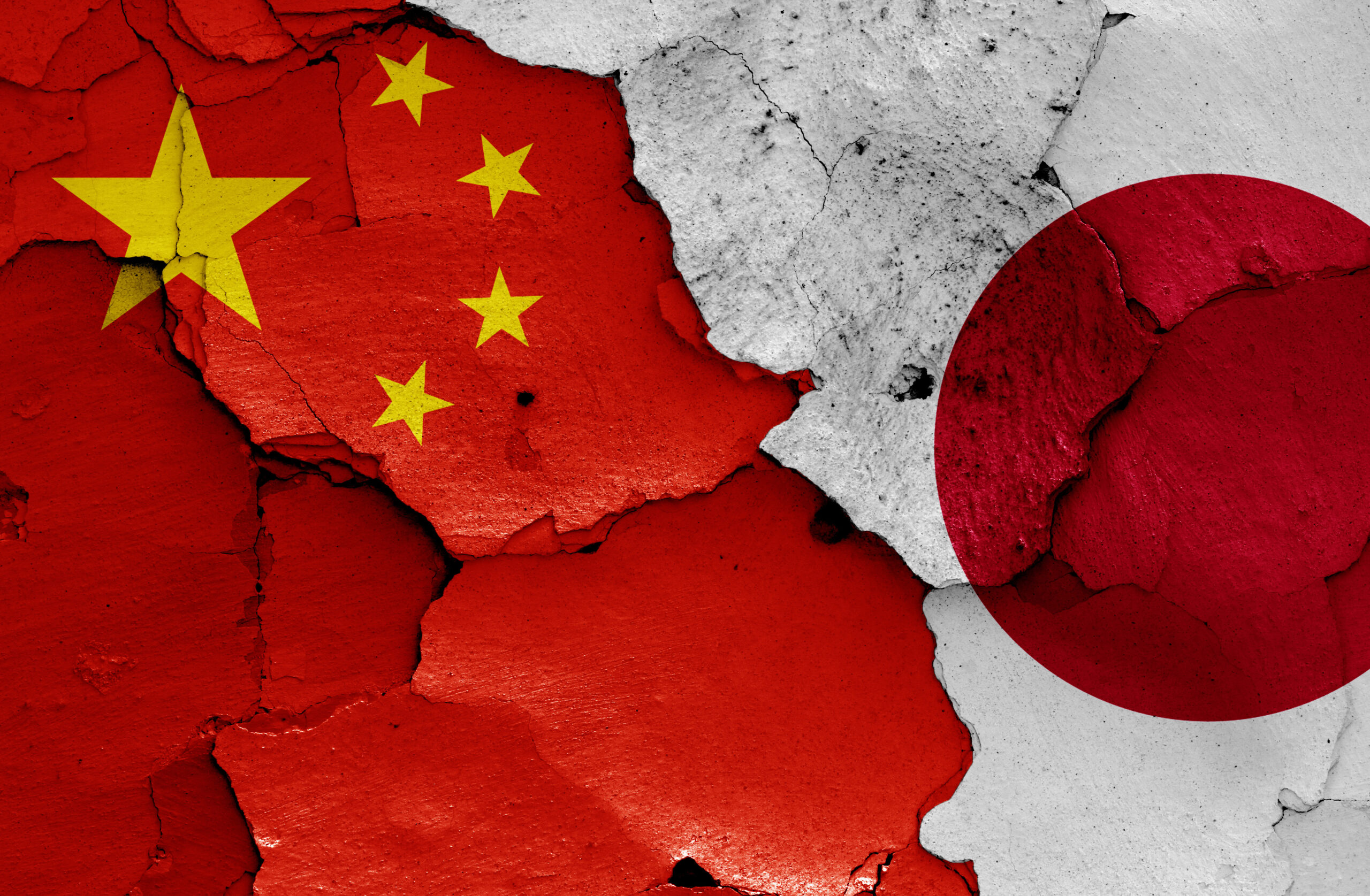
China warns economic backlash if Japan tightens chip export controls: Report
- Threat comes amid intensifying US-led efforts to restrict China’s access to advanced technology.
- Toyota fears disrupted access to critical minerals for automotive production.
- US-Japan negotiations intensify as semiconductor export controls loom.
China has warned Japan of severe economic consequences if Tokyo further restricts semiconductor sales and servicing to Chinese companies, Bloomberg reported.
This threat comes amid intensifying US-led efforts to restrict China’s access to advanced technology.
The US has been pressuring its allies, including Japan, to adopt stricter controls on semiconductor exports, part of a broader strategy to curtail China’s progress in the tech sector.
Chinese officials have reportedly communicated their stance in recent meetings with Japanese counterparts, according to sources familiar with the situation as cited by Bloomberg.
Japan fears disruptions in critical mineral supplies
Copy link to sectionOne key concern for Japan is the potential disruption of critical mineral supplies essential for its automotive industry.
Toyota Motor Corp., one of Japan’s most influential companies, has expressed fears that Beijing might retaliate against new semiconductor controls by cutting off Japan’s access to these vital resources.
This would significantly impact Japan’s automotive production, particularly since Toyota is heavily involved in chip policy and has invested in a new chip campus in Kumamoto in collaboration with Taiwan Semiconductor Manufacturing Co. (TSMC).
This concern is significant for Japanese officials, as well as for Tokyo Electron Ltd., the semiconductor equipment maker that would be primarily affected by any new Japanese export controls, according to the report.
A Toyota spokesperson stated that the automaker continuously evaluates optimal procurement strategies, including mineral resources, to meet customer needs.
US, Japan working to secure critical mineral supplies
Copy link to sectionThe US has been pressuring Japan to impose additional restrictions on firms, including Tokyo Electron, to limit their ability to sell advanced chipmaking tools to China.
This is part of a long-standing campaign to curb China’s semiconductor advancements.
During these discussions, senior US officials have been collaborating with their Japanese counterparts to develop a strategy to ensure adequate supplies of critical minerals.
This effort is particularly important following China’s restrictions on the export of gallium, germanium, and graphite last year.
The memory of China’s 2010 decision to suspend rare earth exports to Japan, following a territorial dispute, remains significant.

Source: Bloomberg
That incident shook Japan’s electronics sector and highlighted the risks of dependency on Chinese resources.
Since then, Japan has attempted to diversify its sources of rare earths, but with mixed success.
While Tokyo has yet to officially comment on the ongoing discussions, the stakes for Japan’s chip-related companies are clear.
Shares of major Japanese semiconductor firms, including Tokyo Electron, Lasertec Corp., and Disco Corp., have already declined in response to the tensions.
Further restrictions on semiconductor exports could exacerbate these losses and raise concerns about the broader economic impact.
The US wielding FDPR as leverage
Copy link to sectionIn response to potential economic fallout, the US has hinted at more aggressive measures to secure Japan’s cooperation.
One such measure is the Foreign Direct Product Rule (FDPR), a powerful tool that allows Washington to control the sale of products made anywhere in the world if they incorporate American technology.
Although the US has refrained from invoking this rule against Japan and other key allies thus far, it remains a possibility if diplomatic efforts fail.
The Biden administration is confident that a diplomatic solution can be reached by the end of the year.
However, the upcoming US presidential election in November and the planned resignation of Japanese Prime Minister Fumio Kishida complicate the timing of any deal.
Despite these uncertainties, US officials believe that Tokyo’s policy on semiconductor controls has garnered enough support across the Japanese government to remain intact, regardless of leadership changes.
The Chinese Foreign Ministry has stated its opposition to any efforts by individual nations to politicize trade and entice other countries to join a technology blockade against China.
US considering additional restrictions
Copy link to sectionIn October 2022, the US introduced broad export controls targeting both semiconductor equipment and advanced processors.
Japan and the Netherlands soon followed with their own, though somewhat less stringent, measures.
Since then, Washington has been pushing these allies to align more closely with the original US restrictions.
A key focus has been limiting the ability of companies like Dutch supplier ASML Holding NV and Japan’s Tokyo Electron to service restricted machinery already in China—activities that US firms are prohibited from undertaking.
According to reports, The Hague is preparing to impose similar servicing limitations.
The US is now considering additional restrictions on high-bandwidth memory chips, which are crucial for AI applications, along with further limits on chipmaking tools and targeted actions against specific Chinese companies.
This has led to a new round of negotiations with Japan and the Netherlands, as Washington pressures both governments to adopt the potential new US measures, which currently exempt allies.
Facing pressure from domestic industry and some lawmakers within the Democratic Party, the Biden administration is striving to secure agreement from these key allies before implementing the next phase of export controls.
“We are deeply concerned about the harm being done to US companies and US leadership in semiconductor innovation by unilateral export controls with questionable national security benefits,” wrote Representative Zoe Lofgren and Senator Alex Padilla, both California Democrats, in an August 13 letter to senior Commerce Department officials.
More industry news







